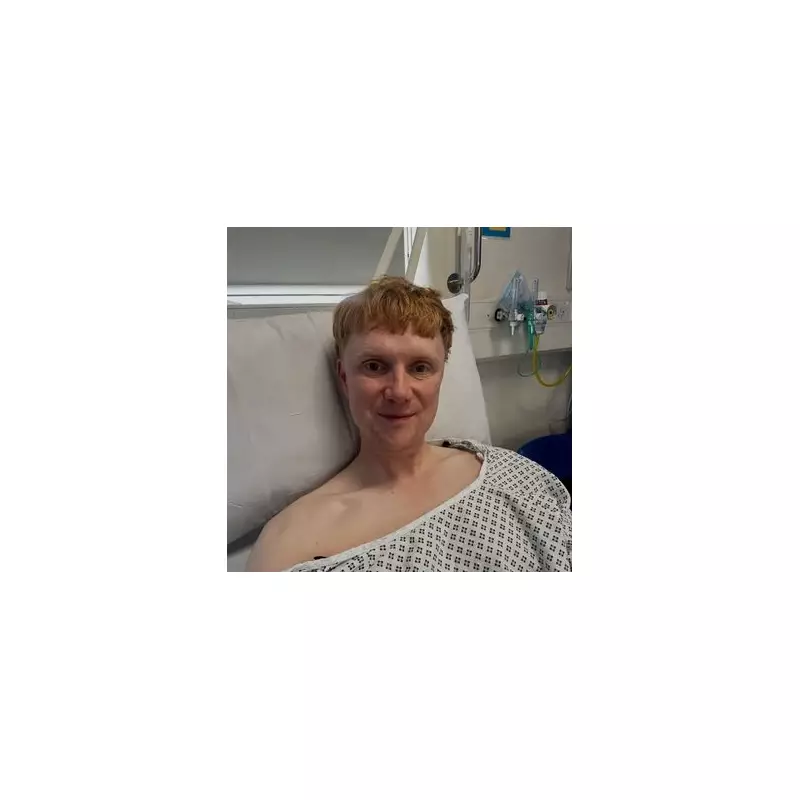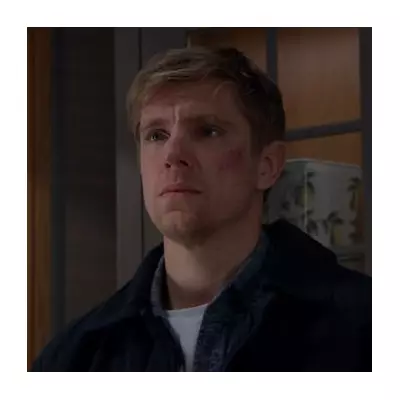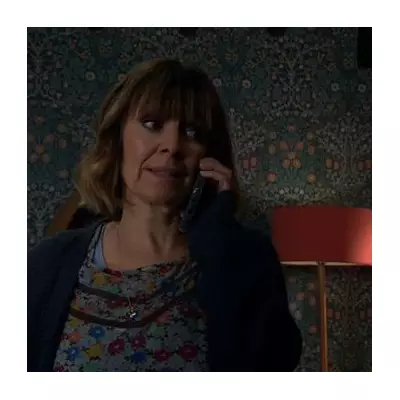
BBC weather presenter Owain Wyn Evans has revealed the terrifying health ordeal that left doctors warning he could potentially lose his eyesight. The popular broadcaster, known for his cheerful demeanour on BBC Breakfast, shared details of the alarming incident that required immediate hospital treatment.
The Moment Everything Changed
Evans described waking up with what he initially thought was a stye on his eye, only for the situation to rapidly deteriorate. "I woke up and my eye was really sore," the 40-year-old recalled. "I thought I'd just get some Optrex and it would be fine."
However, within hours, his condition worsened dramatically. "By lunchtime, I couldn't open my eye, it was so swollen," he explained. "My face had swollen up, it was all distorted."
Emergency Hospital Dash
The situation became so severe that Evans was rushed to hospital, where medical professionals delivered the shocking news. "They said if I'd left it any longer, I could have lost my eyesight," the presenter revealed.
Doctors diagnosed him with periorbital cellulitis, a serious infection of the tissues surrounding the eye that requires immediate treatment to prevent permanent damage.
Road to Recovery
Evans spent several days in hospital receiving intravenous antibiotics to combat the infection. He's since made a full recovery but admits the experience has given him a new perspective on health.
"It makes you realise how quickly things can change," he reflected. "One minute you're fine, the next you're being told you might lose your vision."
Return to Screens
The Welsh presenter has since returned to his broadcasting duties, much to the relief of his fans and colleagues. His openness about the health scare has sparked conversations about the importance of taking eye health seriously and seeking immediate medical attention for concerning symptoms.
Evans' experience serves as a powerful reminder that even seemingly minor health issues can sometimes signal something much more serious requiring urgent care.





